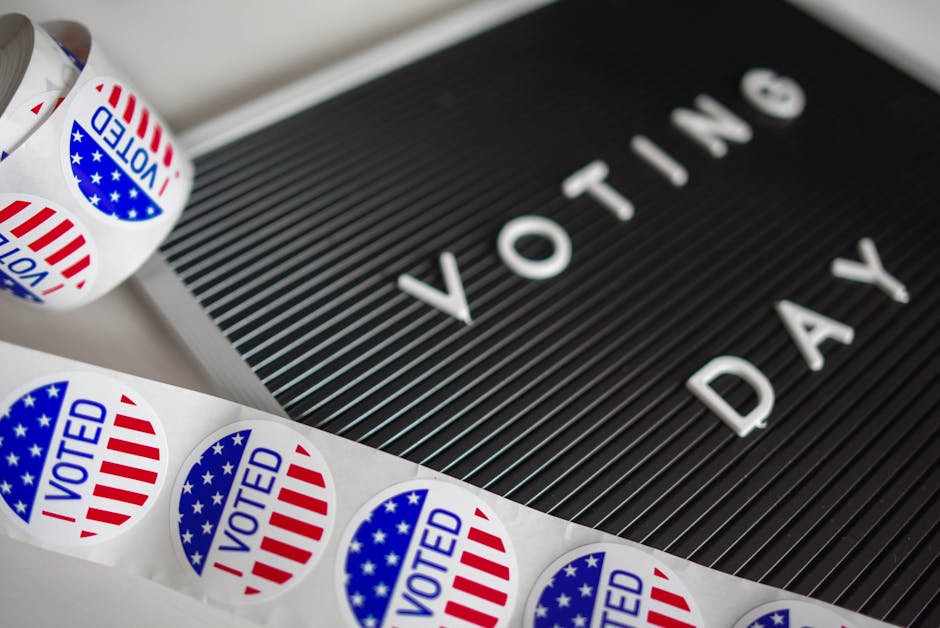A primary goal of campaign finance laws is to prevent quid pro quo corruptionthe direct exchange of money for political favors. Regulations such as contribution limits, disclosure requirements, and restrictions on independent expenditures aim to reduce the influence of wealthy donors and special interests. Contribution limits, for instance, seek to level the playing field by preventing a single donor from dominating a campaign’s fundraising. Disclosure requirements, mandating public reporting of contributions and expenditures, increase transparency, allowing voters and watchdogs to scrutinize campaign funding sources. These measures can be effective in reducing blatant instances of corruption, creating a documented record of financial activity which makes it easier to identify and potentially prosecute illicit transactions. However, their impact on less overt forms of influence remains debatable.
Independent expenditure limits, often targeted at Super PACs and other outside groups, face significant legal challenges. The Supreme Court’s Citizens United v. Federal Election Commission decision (2010) significantly altered the landscape, granting corporations and unions the right to engage in independent expenditures, arguing these expenditures constitute protected speech under the First Amendment. This ruling effectively loosened restrictions on independent spending, leading to a surge in dark moneyunidentifiable contributions channeled through various non-profit organizationsthat complicate efforts to track and regulate campaign finance. This highlights a central challenge: balancing the need to prevent corruption with constitutional rights related to free speech.
Assessing effectiveness also necessitates examining enforcement. Weak enforcement mechanisms can render even the strictest regulations ineffective. Understaffed or underfunded regulatory agencies may struggle to investigate and prosecute violations, leaving substantial loopholes for those willing to circumvent the rules. Furthermore, enforcement often faces political hurdles. Investigations can become politicized, particularly when powerful individuals or groups are involved, potentially leading to delays or the dismissal of cases. This underscores a critical aspect: effective regulations require not only strong rules but also robust enforcement mechanisms and a commitment to impartial application.
Beyond corruption, campaign finance regulations also aim to promote fairness and equal opportunity in elections. The argument is that a system flooded with money from wealthy donors or special interests can distort the democratic process, making it harder for candidates with less access to funding to compete effectively. However, measuring the impact of regulations on electoral fairness presents inherent difficulties. It’s challenging to isolate the effect of campaign finance laws from other factors influencing election outcomes, such as candidate quality, voter preferences, and media coverage. Moreover, the very definition of “fairness” in an election is subjective and often debated.
Furthermore, the effectiveness of campaign finance regulations is context-dependent. The effectiveness of contribution limits, for example, might vary greatly depending on the overall level of campaign spending in a particular jurisdiction. In jurisdictions with high spending, contribution limits might have a minimal impact as wealthy donors simply find other ways to influence campaigns. Conversely, in low-spending environments, even modest limits can play a significant role in leveling the playing field. The regulatory environment itself shapes the effectiveness: countries with stringent campaign finance regulations and robust enforcement tend to show better outcomes than those with weaker, more porous systems.
The debate over campaign finance regulations is often framed around the trade-off between preventing corruption and protecting free speech. Some argue that stringent regulations unduly restrict political speech, creating an uneven playing field in political discourse. Others contend that unregulated campaign finance leads to undue influence and undermines the integrity of the democratic process. Finding a balance between these two competing values remains a major challenge for policymakers.
In conclusion, declaring the overall effectiveness of campaign finance regulations as definitively “high” or “low” is an oversimplification. Their impact is highly contingent on various factors, including the specifics of the regulations, enforcement mechanisms, political climate, and the metrics used for evaluation. While these regulations have undoubtedly achieved some success in reducing overt corruption and promoting transparency, the complexities of modern campaign finance, particularly the rise of dark money and Super PACs, pose significant challenges to their overall efficacy. Continuous assessment, adaptation, and improvement of these regulations are crucial to ensure their continued relevance and impact in safeguarding the integrity and fairness of the democratic process. Further research, focusing on specific regulatory approaches and their impact within different contexts, is necessary to enhance our understanding of their true effectiveness.
